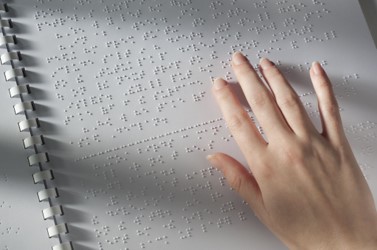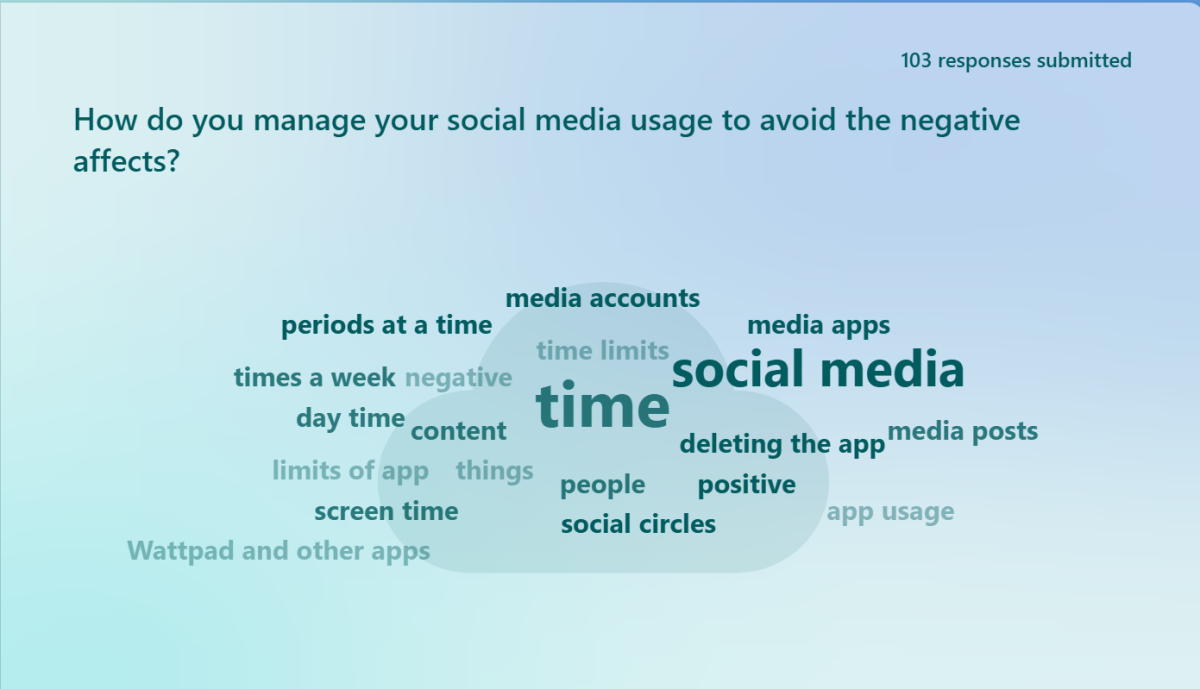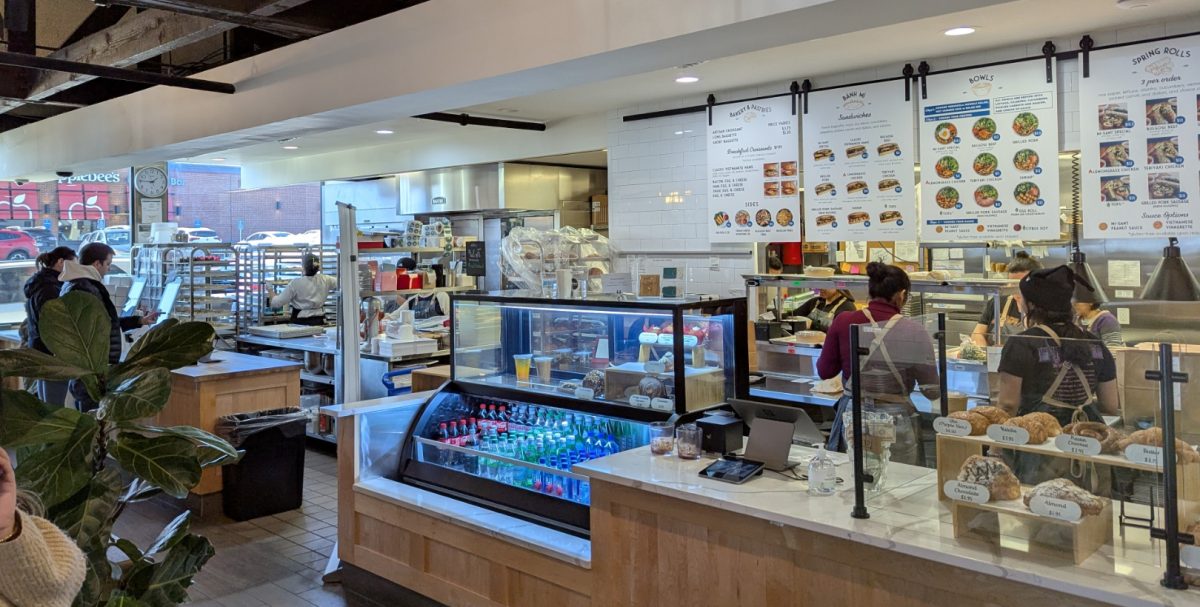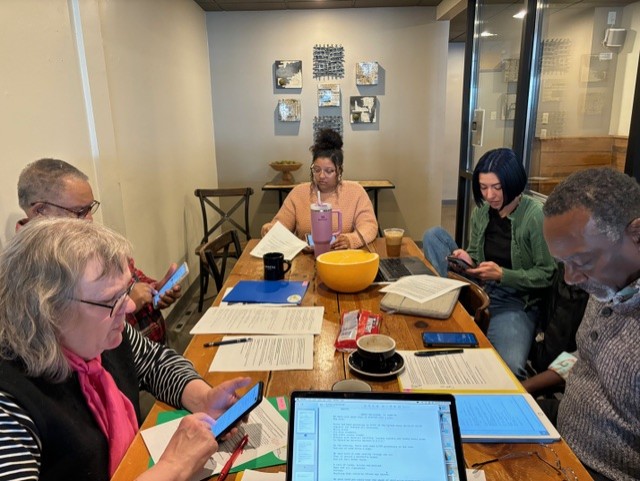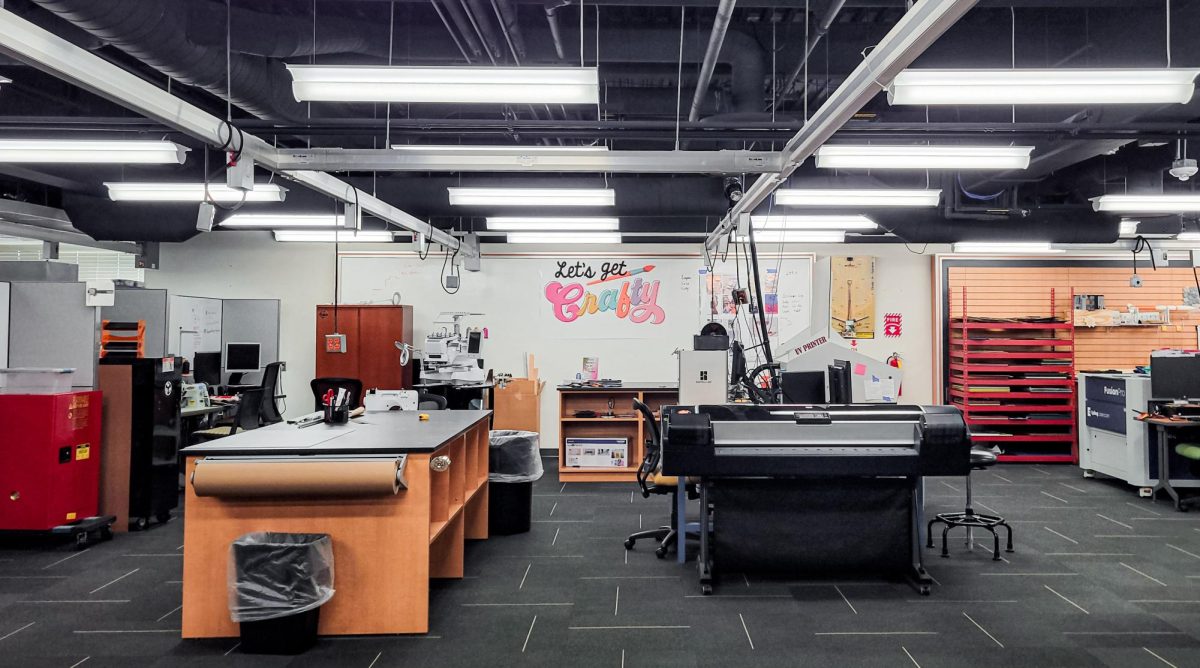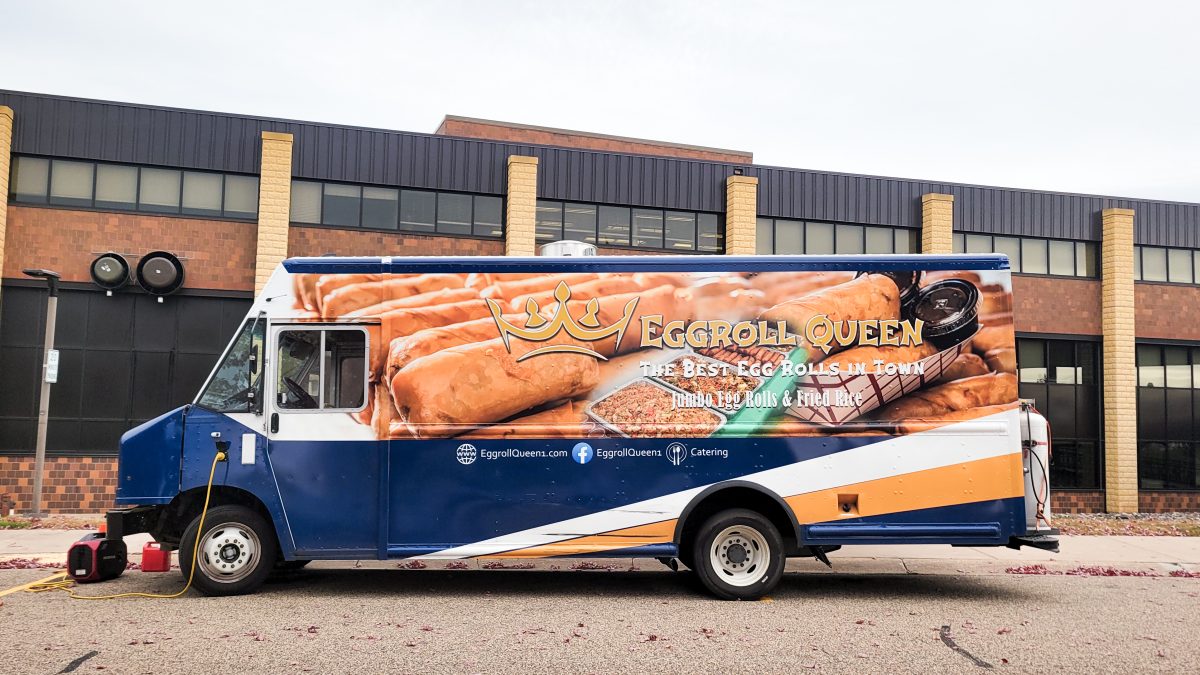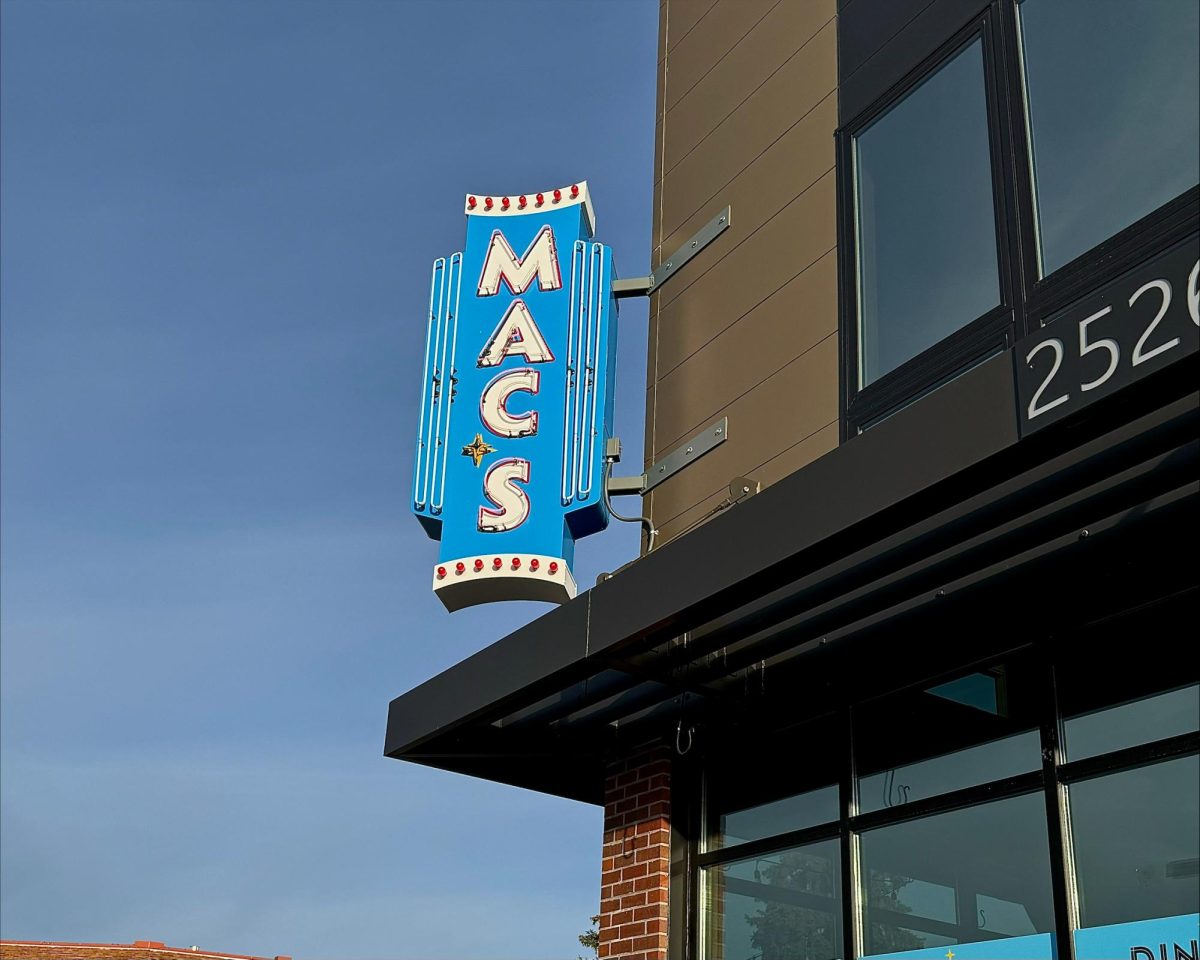No one plans to become disabled and unable to work. According to the Philadelphia Inquirer, Kevin Neary was shot in the back during an attempted robbery in 2011. Kevin lived, but the bullet split his spinal cord and paralyzed him from the neck down. Kevin could not breathe on his own and required 24/7 nursing care. Kevin lived a full life for 12 years after the shooting. He loved going to sporting events with his dad and brothers. Kevin was also an advocate for survivors of gun violence and people with disabilities.
Slashed Medicaid Budget Could Damage Vulnerable Populations
Despite losing Kevin in February of 2023, his brother, Chris Neary, understands the devastating effects that cuts in Medicaid could have on seniors and people with disabilities in the 2025 federal budget. Understandably, the US government is a business that must be conscious of expenses to balance its budget. At the same time, the Trump administration must recognize that potential cuts in Medicaid will leave a large cross-section of people already struggling with poverty in a much worse place than they are now.

Unemployment Statistics Among People with Disabilities
The unemployment rate among people with disabilities was 77.3% in 2024, according to a report from the Bureau of Labor Statistics. If you are a disabled person of color, that percentage goes even higher. Kevin was on a ventilator. He did what he could, but he was limited as to how much he could work because of his ventilator and the associated need for 24-hour care.
The Bureau of Labor Statistics report further indicates that at least half of those individuals with a disability were 65 and older. To the reader, this indicates people with disabilities may want to work but cannot because they are no longer physically able to do so. Frequently, poverty is not a choice or blatant laziness. Poverty is an unfortunate outcome for bodies that may not work as well as they did in their youth. Most of us think of aging hypothetically because we have no idea what will happen to our bodies until it does. We have no choice but to live with whatever the outcome is.
In Kevin’s case, he was a hard-working young man in the prime of his life, until he was not. He had no reason to believe that he was going to be shot. No one should have to think in those terms. Despite that, Kevin rolled with the punches and made the best of the remaining years of his life. Fortunately for him, Kevin had his family’s unwavering support.
Not all people with disabilities have that kind of support and rely on Medicaid to be able to have the basic dignity of being clean, being dressed, and being part of society. No one wants to depend on others, but readers know that life happens. Too often, individuals do not get a choice in the matter. Kevin had a family who loved him, but they, too, could not commit time to care for him because they had jobs and families of their own to look after.
A recent editorial by Kathryn Anne Edwards in Bloomberg points out that Republicans may not understand that poverty is not a choice. As stated earlier, this is especially true among those with disabilities. These individuals don’t necessarily have any control over what their bodies can or cannot do. They may have a tough time with an eight-hour workday. In the editorial, a Republican was quoted, “You know, work is good for you. You find dignity in work. And the people who are not doing that, we are going to get their attention.” Most cannot argue with that logic. I ask in frustration, could politicians proposing cuts to Medicaid take on personal care attendant work in place of their current job, so that a perceived “lazy” disabled person who cannot get out of bed on their own can get help with personal cares and give them a ride to work? Probably not, and this lack of empathy is infuriating.

Roadblocks to Employment for People with Disabilities
Transportation is also hard to come by for people with disabilities if they cannot drive. Yes, there are services like Metro Mobility that can take people with disabilities and seniors to their doctors’ appointments, shopping, and other things. However, there are days when drivers don’t show up for work or call in sick. In those instances, the individuals on those routes get spread out over existing routes. They run a higher chance of being late for work or not getting picked up at all. Granted, this doesn’t happen all the time, but employers are not necessarily understanding of the situation. Add to that, if you don’t have vacation hours, losing that day of work can hurt a person’s bottom line.
I am familiar with this due to having a disability and working for a Metro Mobility provider for more than five years. Remote work is not as plentiful as it was during the pandemic. That politician preaching the virtues of employment is not going to give up their per diem and their benefits to help a person with a disability or a senior citizen keep a job.
If Medicaid is cut, then perhaps politicians should become personal care attendants so they can develop an understanding of what it’s like to be a vulnerable senior citizen or person with disabilities with limited resources and limited mobility. Readers know that when a member of the Senate or Congress suffers a heart attack or stroke, they will be well cared for because healthcare is all part of the package.
The op-ed goes on to say that Republicans believe that the poor are a permanent underclass, and poor people don’t work. This is untrue. Federal Reserve researchers state that 40% of Americans spend at least one year in poverty over a ten-year period. The poverty rate for full-time workers is 4.1%. Work and poverty do overlap. If an individual does not have paid sick leave, they risk losing their job if they call in sick or if their child is sick. Sadly, that employees’ superiors know that if they fire that person for not coming to work, other people who are just as desperate to take that low-paying job with no benefits or sick days will, because they have no choice. They need money to feed their kids and merely exist.
In conclusion, the misconception that people on Medicaid choose to live in poverty thrives because of disinformation and misinformation about the causes of poverty. The difference between misinformation and disinformation is subtle in spelling, but not in approach. Misinformation is when we unintentionally get the facts wrong when we share them. Disinformation is when we deliberately provide incorrect information to mislead. Communication between Republicans and those precariously dangling above the poverty line is non-existent. Without that necessary communication, empathy is a word without meaning. Are politicians afraid to help a fellow human being up because poverty is a disease they don’t want to be exposed to physically or philosophically? While the one percent does not try to deny the perception that they push down on everyone below them because they can. They, too, are afraid of poverty and the vulnerability that comes with it.
If only we could communicate that to each other and listen. Bipartisanship should never be just a word in the dictionary. Hashing this out among us is no different than caring for our families or our neighborhoods. We must do it for the greater good, no matter how tough it is. But we must work together. Compassion has little to do with this. No one wants to be pitied. Empathy is what is needed to understand one another and come to a resolution that includes everyone, regardless of their stage and station in life.



